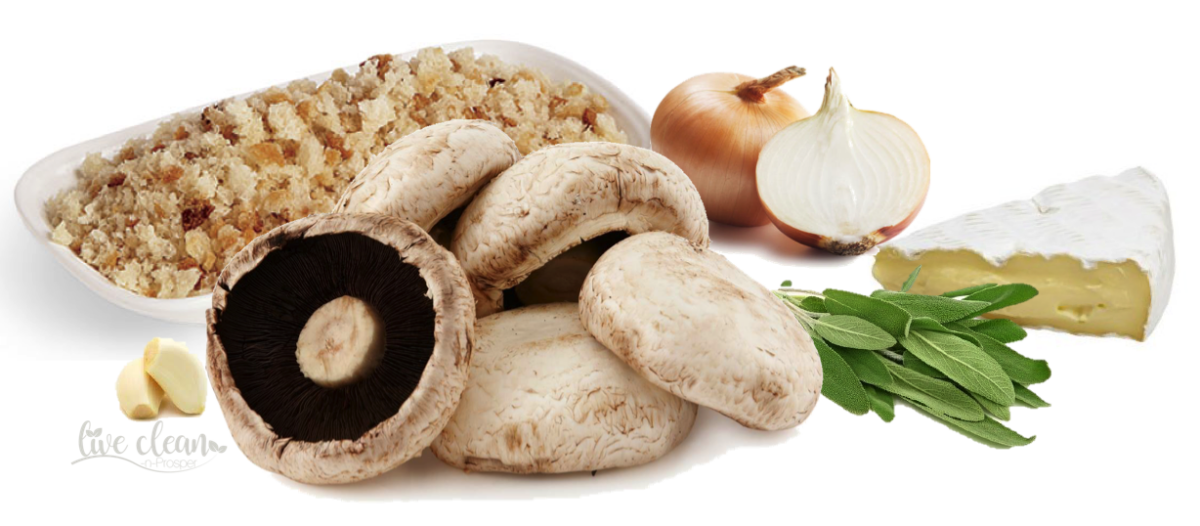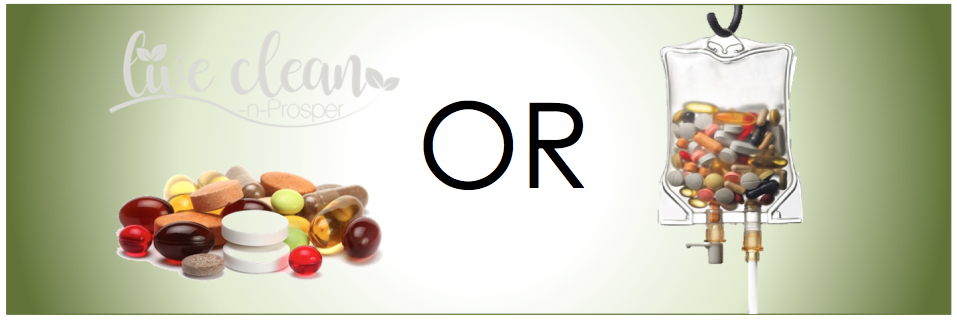Today I’m going to continue to write about Mushrooms.
Researching last weeks post shed some light on the other great virtues of this vegetable (or fungus).
Mushrooms are fat free,
They are also low in calories, cholesterol free, have very low levels of sugar and salt; they provide a valuable source of dietary fibre, as well as several vitamins and minerals.
A 100g serving of mushrooms contains more dietary fibre (2.5g) than 100g of celery (1.8g) or a slice of wholemeal bread (2.0g).
Apart from containing Vitamin D, mushrooms also contain:
- Thiamin/Vitamin B1 – which controls the release of energy from carbohydrate, which is needed for the normal functioning of the brain and nervous system.
- Riboflavin/Vitamin B2 – a vitamin that helps to maintain healthy red blood cells and promotes good vision and healthy skin.
- Niacin/Vitamin B3 – helps to control the release of energy from protein, fat and carbohydrate, which keeps the body’s digestive and nervous systems in good shape.
- Vitamin B5 – plays a number of essential metabolic roles in the human body, including providing assistance with the production of hormones.
- Folate/Vitamin B9 – which is essential for the formation of red and white blood cells in bone marrow and is an important factor in healthy growth and development.
- Biotin/Vitamin H – Is essential in the metabolism of proteins and carbohydrates.
Although these vitamins are also found in many vegetables, they are lost when cooked in boiling water: as mushrooms are rarely prepared with boiling water, they retain their valuable vitamin content when eaten.
Minerals as well,
Mushrooms also contain many beneficial minerals, such as Potassium, Calcium, Iron, Zinc, Magnesium, Selenium and Ergothioniene (a naturally occurring antioxidant).
Recent research also found that most mushrooms [White Buttons and Cups, Brown Portabellos, and the exotic cultivated Shiitakes and Enoki mushrooms] are rich in the non-starch polysaccharides (NSP) chitin and beta-gluten. These NSP can help to reduce blood cholesterol and protect against heart disease.
Stuffed Mushroom Recipe
After writing the last post, I found a great Stuffed Mushroom recipe.
I have tried to cook different versions of ‘stuffed mushrooms’ in the past and the results have been average.
This one (originally from delicious.com.au) with some small changes was great.
Easy to make and very tasty.
INGREDIENTS (for 4)
8 Portobello (or large flat) mushrooms
50g unsalted butter
2 tbs extra virgin olive oil
1 onion, finely chopped
2 garlic cloves, crushed
12 sage leaves, finely chopped
125g fresh breadcrumbs
200g Camembert cheese (or brie), rind removed, chopped
1 egg, beaten
Juice of 1 lemon
METHOD
1. Preheat oven to 200°C. Place mushrooms on a paper-lined baking tray.
2. Heat a frypan over medium heat. Add butter, oil, onion, garlic and sage, and cook gently for five minutes until softened. Transfer to a large bowl.
3. Add breadcrumbs to the onion mixture and stir to combine.
4. Add the egg and half the cheese. Combine well, then spoon generously into the mushrooms. Top with remaining cheese.
5. Place mushrooms in the oven and roast for 15-20 minutes until golden on top.
6. Arrange mushrooms onto serving dishes and drizzle with lemon juice.
I hope you enjoy this also.
Till the next post,
Live clean n Prosper.



